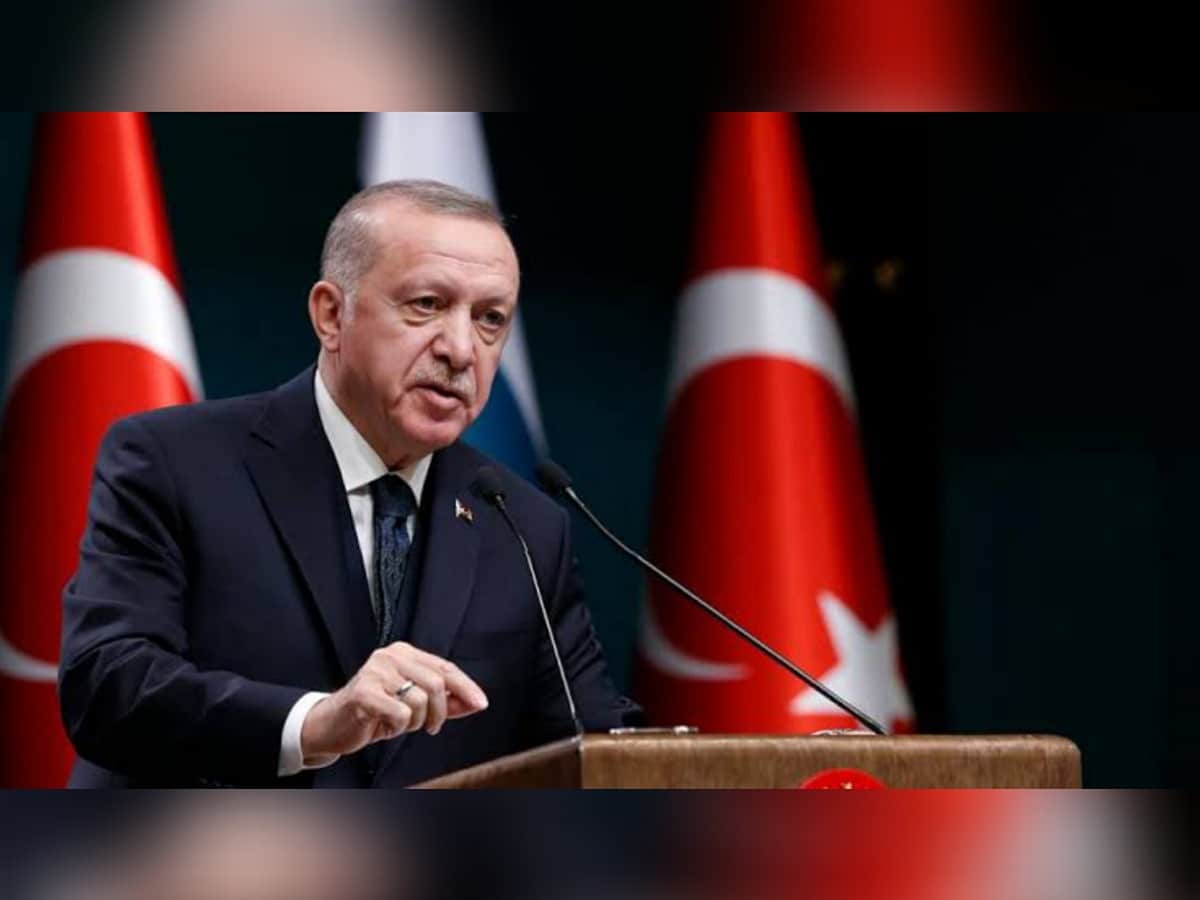
Ankara: The Turkish President Recep Tayyip Erdogan has called on the leader of the Turkish opposition, Kemal Kilicdaroglu, to work on including the issue of the headscarf in the country’s constitution, instead of just proposing to pass a law that guarantees the freedom to wear the headscarf.
This came in a speech he delivered on Wednesday, during his participation in the meeting of the Parliamentary Bloc of the Justice and Development Party in the Turkish Parliament in the capital, Ankara.
Erdogan stressed that there is practically no such problem anymore thanks to the steps taken by the AKP governments, he said, “Today, the issue of the headscarf is no longer on Turkey’s agenda, thanks to our struggle and the arrangements we have made.”
He considered that the text submitted by the opposition Republican People’s Party (CHP) to Parliament as a bill aimed at not compromising the freedom to wear the headscarf “is far from solving the problem in the desired way.”
The Turkish president addressed his speech to opposition leader Kemal Kilicdaroglu, saying, “If you are sincere in this proposal, come let us work to include the issue of the headscarf in the constitution.”
Recep Tayyip Erdogan questioned the credibility of the opposition leader, pointing out that the law could be easily changed, unlike the constitution.
The Turkish president stressed that the issue of dress in general, and the headscarf in particular, is a natural right of citizens that does not require a law or a constitution.
Kemal Kilicdaroglu response to Erdogan’s call for a ‘headscarf’: If there is no cunning, we are ready to support
CHP Chairman Kemal Kılıçdaroğlu responded to the statements made by President Recep Tayyip Erdoğan at the AK Party Group meeting.
Kılıçdaroğlu, in his statement on Twitter, said: “You support this legal armor we propose for headscarved women to attain their rights and freedoms, Erdogan; if there is no cunning agenda behind it, of course, we are ready to give all kinds of support to your proposal on rights and freedoms, including our Alevi citizens.
“Let go of this poisonous language you use, you have a very ugly style. We are trying to do something good for Turkey. Despite your prohibitionist mentality, we are trying to bring freedoms.”
The issue of the headscarf ban occupied an important place in public and political debates in Turkey during the 1990s and 2000s.
The headscarf ban in Turkey was first implemented extensively in the 1980s, but became stricter after 1997 when the military forced the conservative government to resign in an incident later dubbed a “postmodern coup” on February 28.
It was gradually lifted for students in universities after 2010, while the ban for public employees was lifted in 2013 and the High Council of Judges and Prosecutors (HSYK) changed the regulation on June 1, 2015, allowing female judges wearing headscarves to conduct hearings.
